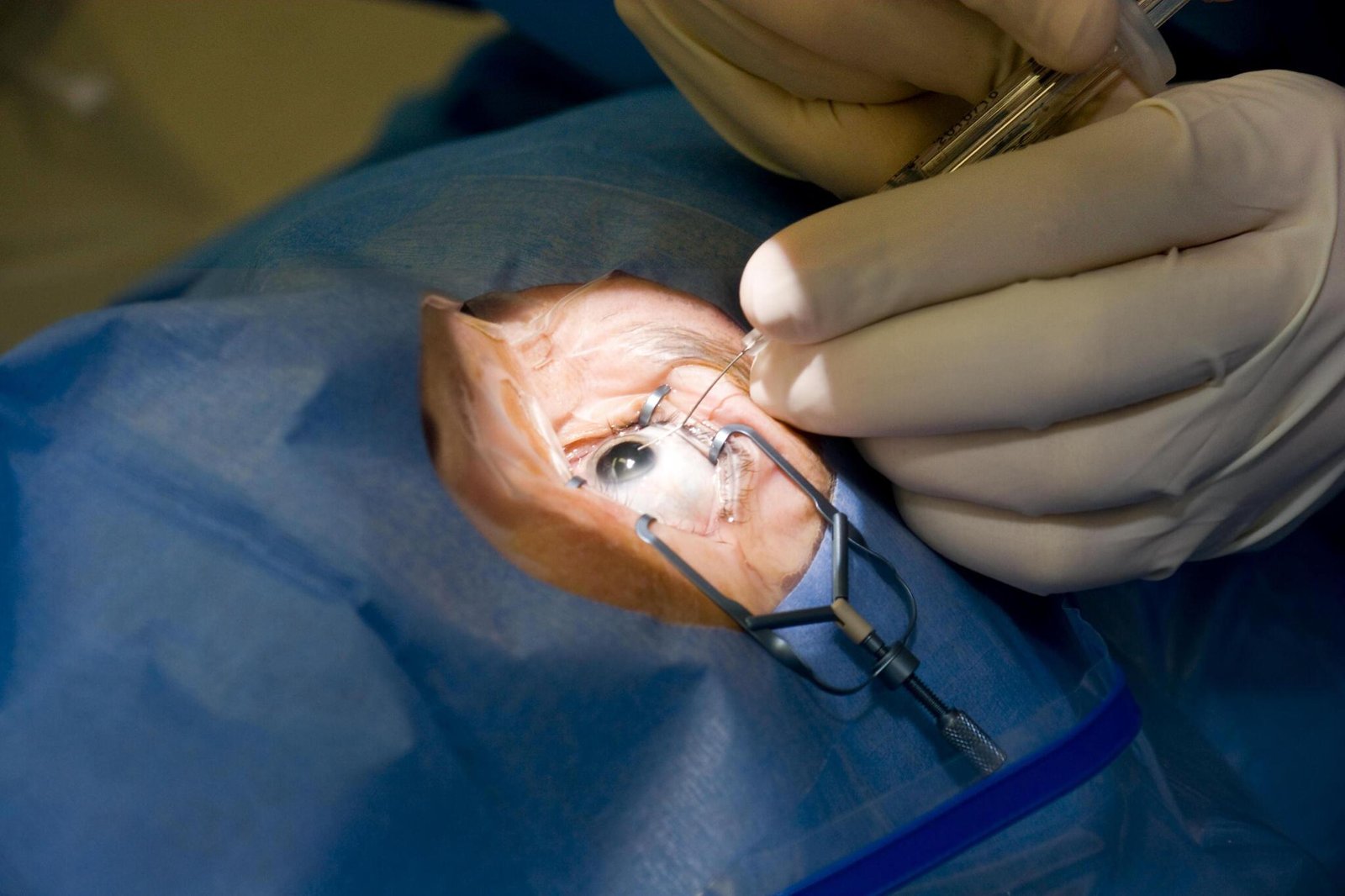Dysfunctional Lens Syndrome is the new term used to describe the natural age changes in the crystalline lens after approximately the age 42. It is a continuum that begins the day a person is born. With age, the changes keep happening in the natural lens, including graying of the lens called Cataract.
Cataract is treatable blindness. That is why diagnosing and treating Cataract at a proper stage, is the crucial step in effectively managing this eye condition.
At CSR Eye Hospital, we specialize in diagnosing and treating cataracts, ensuring our patients receive the highest standard of care. As the best eye hospital in Hyderabad for cataract operation, our team is dedicated to restoring clear vision to our patients through state-of-the-art cataract surgery techniques.
When it comes to treating cataracts, CSR Eye Hospital is equipped with the latest technology and houses the best cataract surgeons in Hyderabad. Our comprehensive approach to cataract operation involves a detailed examination to determine the most effective treatment plan tailored to each patient’s needs.
The primary treatment for cataracts is the surgical removal of the cloudy lens, which is then replaced with an artificial lens called an intraocular lens (IOL). This procedure is typically performed on an outpatient basis using local anesthesia. The surgery is highly successful in restoring vision, with many patients experiencing significant improvements.
This technique involves making a small incision at the side of the cornea and using a tiny probe emitting ultrasound waves to soften and break up the lens for suction removal. Known as Phaco-emulsification, this process ensures a smooth transition, with the natural lens replaced by a clear acrylic intraocular lens (IOL).
Femtosecond Laser-Assisted Cataract Surgery (FLACS) a significant advancement in the treatment of Cataract Treatment. Utilizing high precision Femtosecond laser technology, FLACS allows for greater accuracy in the creation of incisions and the softening of the cataract, facilitating easier and safer removal through Phacoemulsification.
This method improves upon traditional techniques by offering a bladeless, computer-controlled alternative that can be tailored to the individual’s eye structure.
FLACS has the potential to enhance surgical outcomes, reduce recovery times, further reduce complications, and provide better visual results by minimizing trauma to the eye.
It also offers the possibility of correcting astigmatism during cataract removal, further improving patients’ vision post-operatively.
After cataract surgery, patients are allowed to return home within two hours. Clear instructions are provided on the use of prescribed eye drops during the discharge process. While there are no diet restrictions, precautions such as avoiding playing with children for a few days and refraining from rubbing the eye are emphasized. Other guidelines include delaying a head bath for three days, using tissues for eye cleaning, washing hands before administering eye drops, and avoiding crowded areas for a week.
At CSR Eye Hospital, we prioritize your vision. As the Best Eye Cataract Surgery Hospital in Hyderabad, we provide superior care and ensure the best outcomes for our patients. Our team of cataract surgery doctors in Hyderabad are among the best in their field, bringing years of experience and specialized skills to each procedure. Our commitment to excellence has made us a leader in cataract care, offering the Best Cataract Surgery in Hyderabad.
